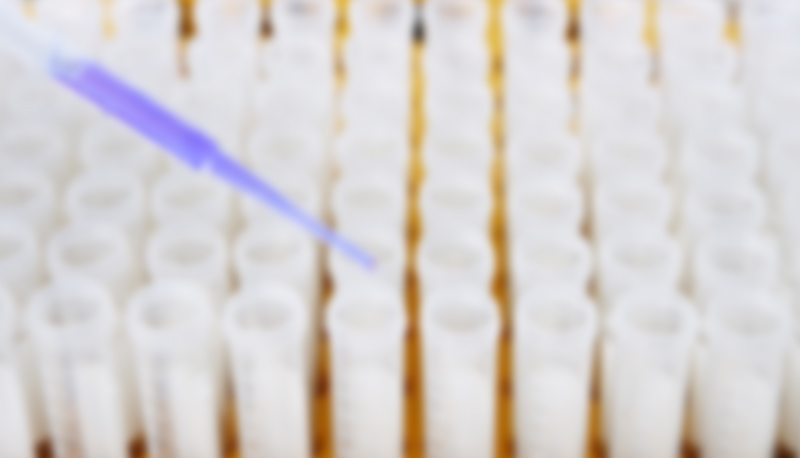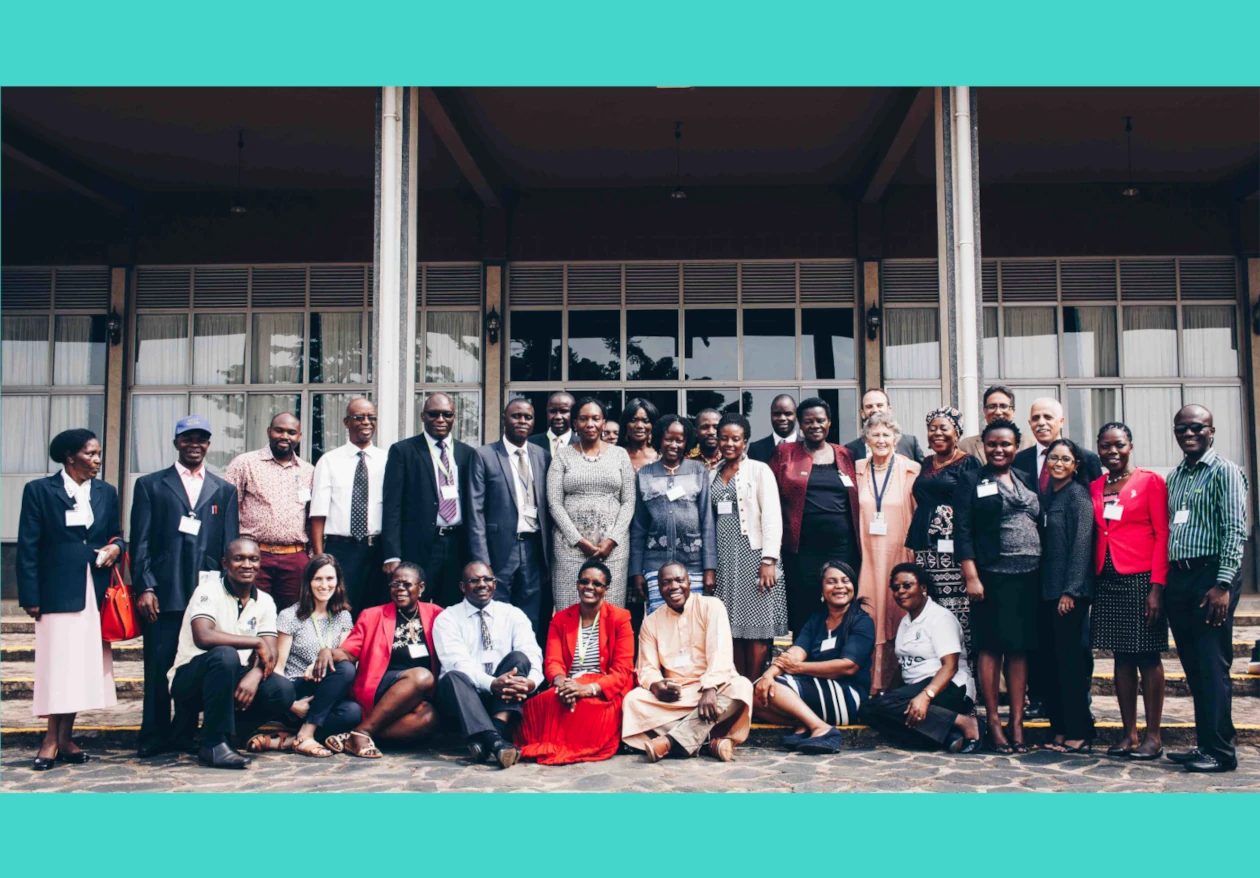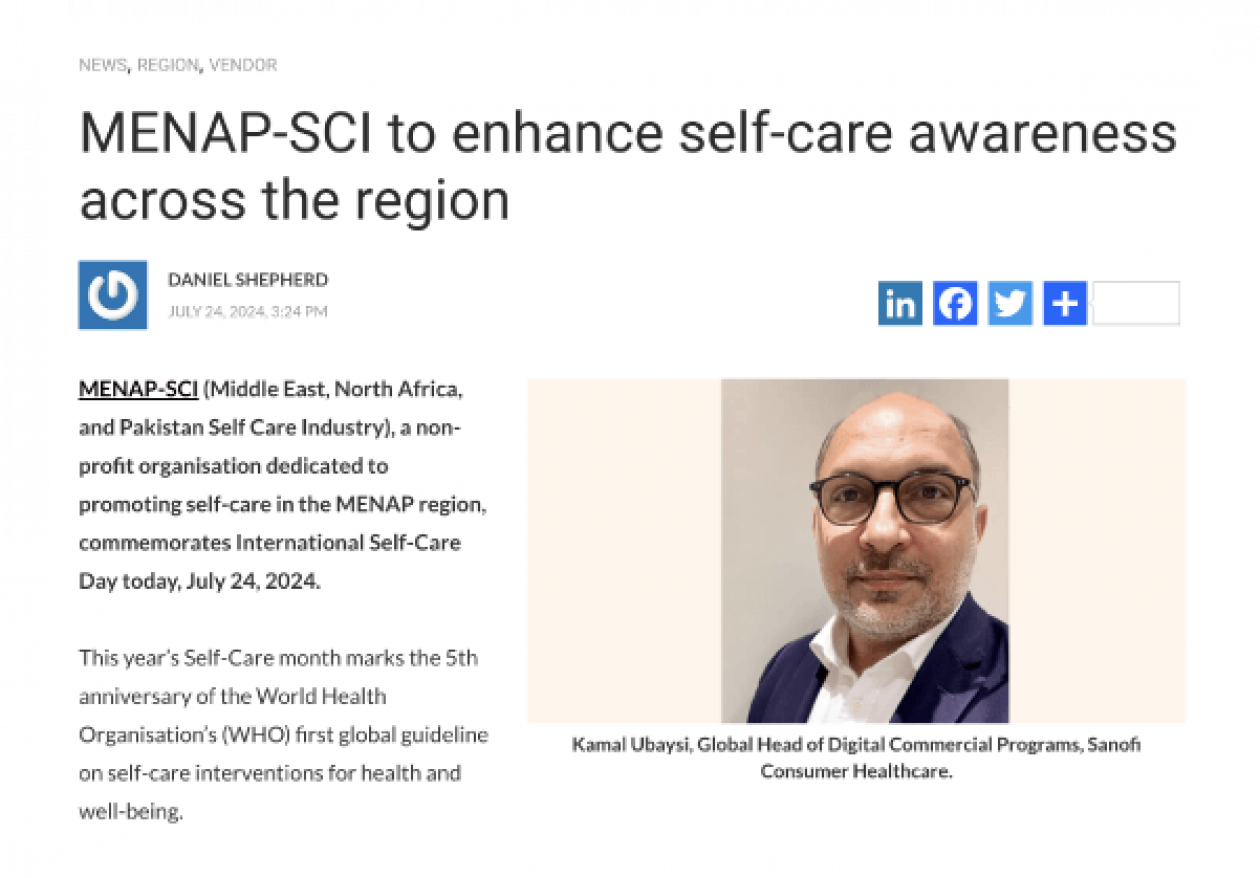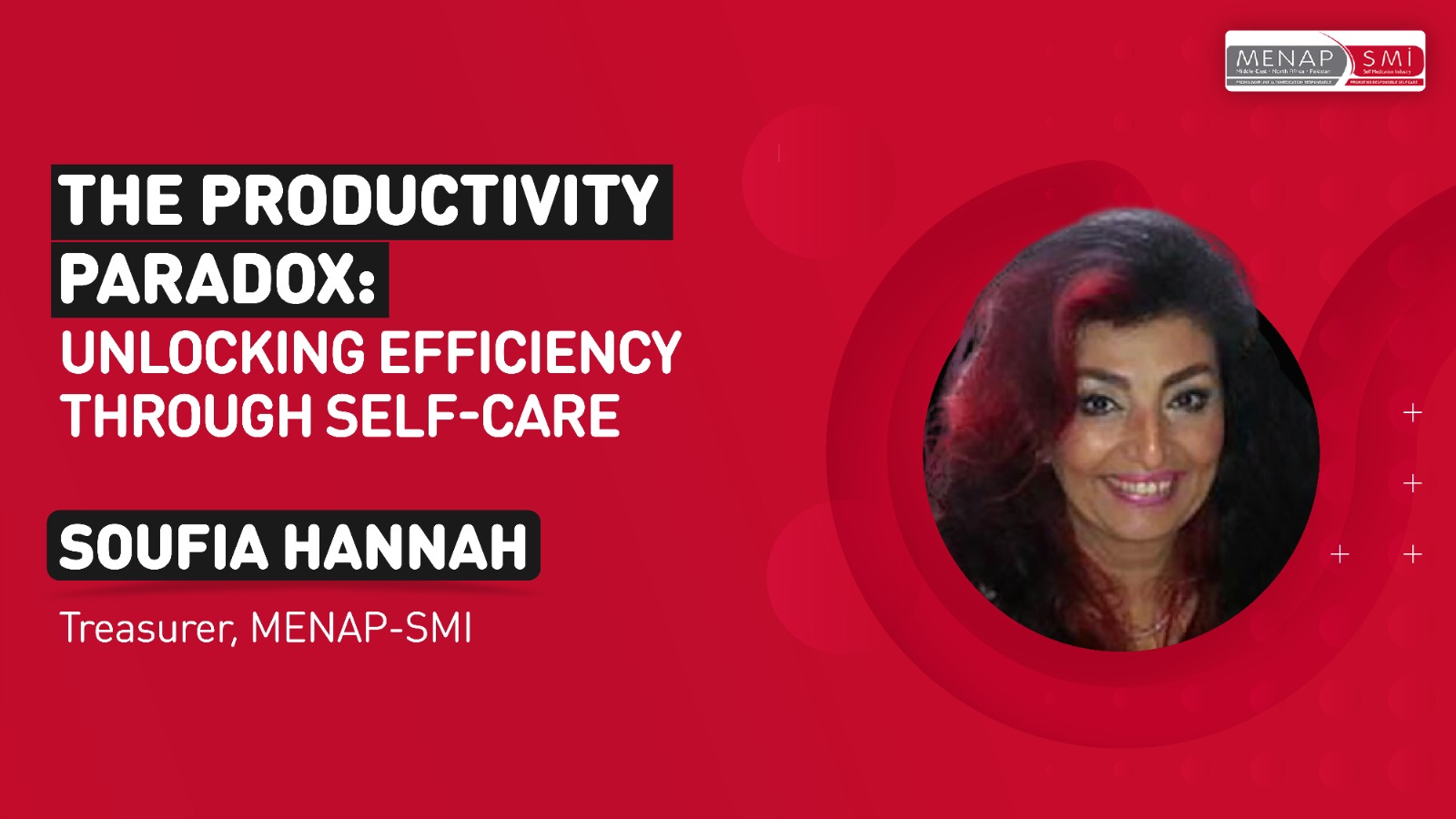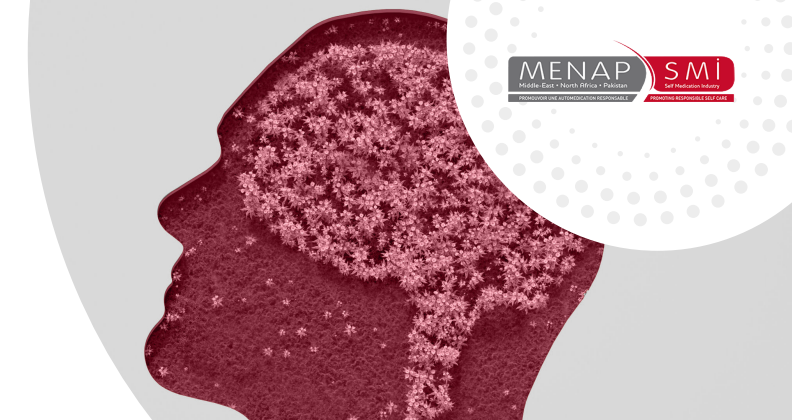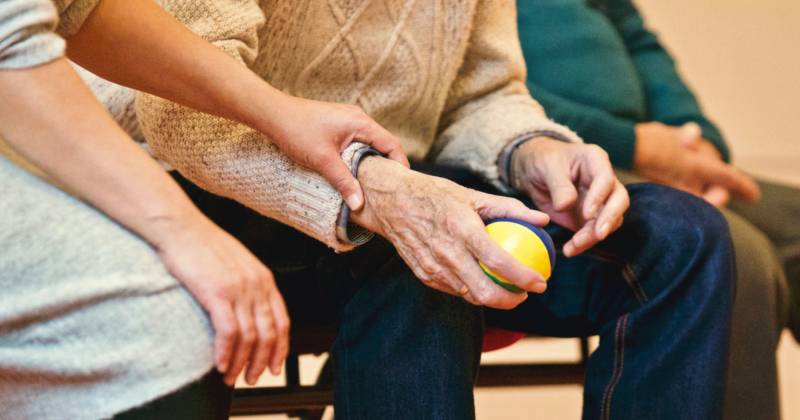
Making Self-Care a Necessity
By: Ramez Sawiris, Vice-Chair Middle East Regional Regulatory Affairs Lead Middle East, Africa, Turkey, & Pakistan at GlaxoSmithKline Consumer Healthcare
Taking the opportunity to work on ourselves before serving others can bring the feeling of guilt. The truth of it is, as we are overwhelmed by the many aspects of life, we cannot get the best out of our time without placing our mental and physical health first. Aptly, International Self-Care Day allows us to reflect on the current status of the self-care landscape, which can be found in the changes we’ve seen over the past several months. This region has already seen significant improvements and trust in self-care, so we must all work together to raise awareness and embrace self-care for what it truly is: a human necessity, not a stigma or taboo.
However, it is critical to recognize that we must continue our efforts to raise awareness, increase engagement, and remain active for a better future for everyone’s well-being. This means we must trust each other, especially in the most difficult times like the pandemic has shown us. That is why it is encouraging to see many people in the region, especially younger consumers, who want more control and to be in charge of their well-being.
As a result of these changes, greater ease of access to self-care may result in a more cost-effective way of treating patients, as well as a reduction in the burden on certain healthcare systems. To make this a reality, we must consistently instill confidence in those who are still hesitant about taking alternative routes to better health.
This is why we must all work together to provide accurate healthcare and self-care information. And we want to remind everyone that at MENAP-SMI, we strive to promote educating the industry and the public about better self-care choices through self-medication and alternate homebased healthcare. Let us all take this time to not only raise awareness but to create a better understanding of what it will take for us to positively affect our well-being in the future.

